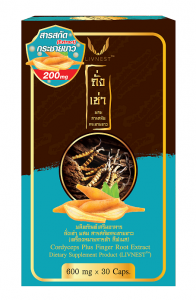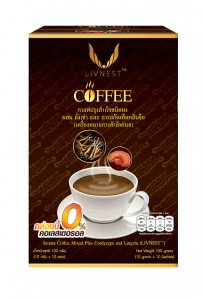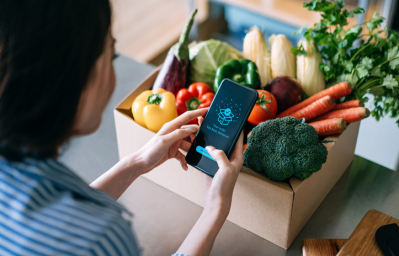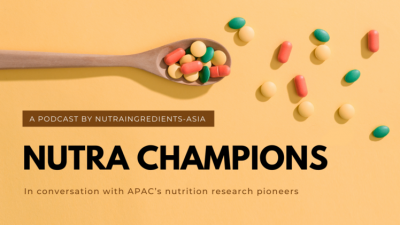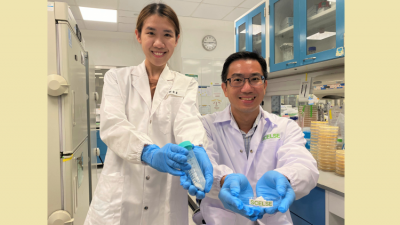Cordyceps expansion: Thai firm Nova Organic targets Asia growth amid middle-aged momentum
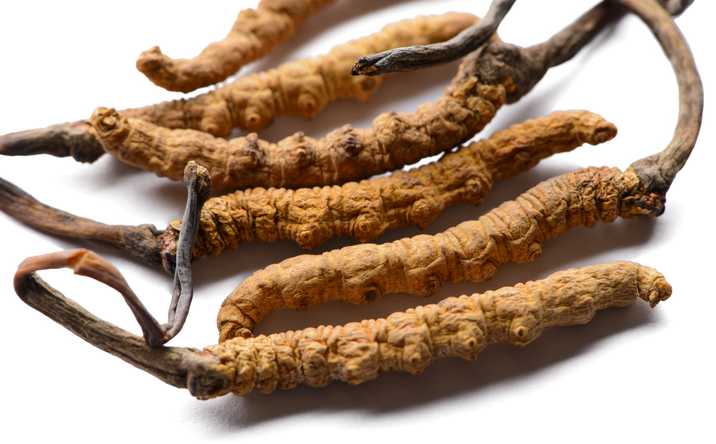
The company only uses the Cordyceps sinensis species in its cordyceps products and DONUTT and LIVNEST are two of its key supplement brands.
Of which, the products DONUTT Cordyceps Plus Multivitamin B, LIVNEST instant coffee mixed plus cordyceps and Lingzhi extract, and LIVNEST cordyceps plus finger root extract are the firm’s top three bestsellers.
CEO Navaphol Chanjuthamard told NutraIngredients-Asia that most of the consumers of cordyceps supplements in Thailand were between 40 and 60 years old.
Most take the herb commonly used in TCM and Tibetan medicine to nourish their health or when they are recovering from certain health conditions, he said.
According to him, the herb, which is high in antioxidant content, has multiple functions.
Examples include increasing exercise endurance and immunity, lowering blood sugar level, helping to stimulate blood circulation and improving kidney and lung functions.
So far, most of the consumers buy the cordyceps supplements from the company via their telesales agents.
Home TV shopping and the modern trade are the next two most popular retail channels.
The company, which also runs OEM services, has incorporated cordyceps into various dosage formats, including coffee, cocoa drink, and capsule. It can also be added into energy drink.
Not all of its products contain cordyceps, however.
Recently, it also launched new products featuring probiotics and collagen dipeptide.
One of the new products is known as DONUTT Total Fibely Plus Probiotics – a powder sachet that contains fructo-oligosaccharides, psyllium husk, wheat grass powder, alfalfa extract, black sesame extract, and bacillus coagulans as the probiotics.
Outside of Thailand, the company hopes to expand into other Asian markets.
It already has a presence in Singapore and Hong Kong where the product DONUTT Total Fibely is available via Watsons.
It sees Hong Kong as a gateway to China but the plan has to be paused for the time being due to COVID-19.
“Due to China’s zero-COVID-19 policy, we unfortunately have to delay our plan this year, but once the policy is relaxed, the plan [to expand into China] will be reviewed,” Navaphol said.
Other Asian markets of interest include Myanmar, Cambodia, Malaysia, and Taiwan.
New plant, cannabis venture
The company has built an herbal extraction plant which will be ready by Q1 2022. The plant will focus on Thai herb extraction. There are also plans to launch cannabis products.
“Through contract farming, the opening of the herbal extraction plant will allow us to support the local suppliers.
“Besides, as the Thai government has legalised cannabis recently, we are working with our team and partners to launch cannabis-based products,” Navaphol said.
Earlier in February, Thailand’s deputy prime minister and public health minister Anutin Charnvirakul signed a ministerial announcement to officially recognise the delisting of cannabis and hemp as narcotic substances.
Once the delisting comes into force, cannabis and hemp can be grown for personal consumption and sold within limits, the Bangkok Post reported.
The delisting will be enacted 120 days after the announcement is published in the Royal Gazette – and the date for publishing has not been set yet.
The delisting does not include cannabis and hemp extracts containing more than 0.2 percent by weight of tetrahydrocannabinol (THC).
Revenue growth target
This year, the company is aiming to generate 15 to 20 per cent more revenue growth this year.
This will be achieved by growing its telesales capabilities and outreach, as well as its increasing its OEM business.
Currently, the company has a database of one million clients and 170 telesales agents. The plan is to increase the number of agents to 200 to support consumer outreach.
